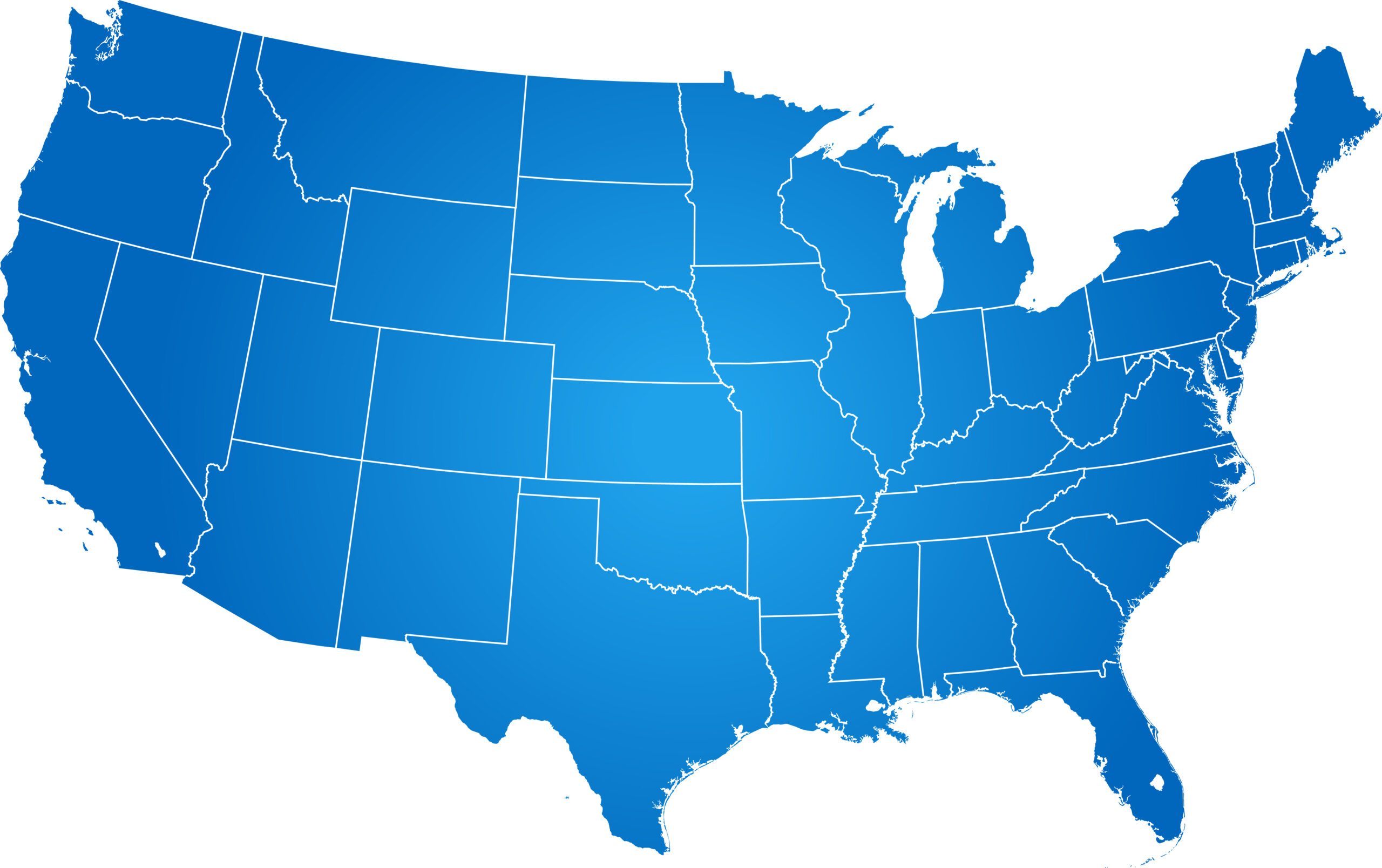Hal Varian on the Flawed Reasoning Behind Proposals to Regulate Tech

In a recent fireside chat, Google’s Chief Economist Hal Varian discussed the flawed reasoning behind current legislative proposals to regulate tech, like S. 2992, H.R. 3825, and H.R. 3826. The measures in these bills would regulate targeted companies with an extremely heavy and bureaucratic hand, subjecting them to common carrier-style “non-discrimination” requirements, structural separation, and prohibitions on mergers and acquisitions. Varian found the origins of each of these measures in the 2020 House Antitrust Report, often underpinned by arguments divorced from economic reality.
Varian explained how the measures would impact consumers. Common carrier-style “non-discrimination” provisions would effectively break integrated user experiences, requiring users to make many additional clicks rather than allowing user-friendly one-click navigation within an online platform or ecosystem. Likewise, structural separation and line of business regulations would force many integrated online platforms and ecosystems to split into distinct services, degrading user experience and reducing the ability of tech firms to compete with incumbent firms outside of each tech firm’s core market. Prohibitions on mergers and acquisitions would effectively prevent tech firms from acquiring startups. A supermajority of successful startup founders seek acquisition by larger firms, in many cases expecting acquisition from the outset. In the absence of acquisitions, startups would find it much harder to exit successfully and return cash to their investors, and consequently funding from venture capital funds would be much harder to come by, reducing funding for future innovative startups and reducing startup formation.
Varian traced each measure to a recommendation in the 2020 House Antitrust Report. The House Antitrust Report justified these aggressive bureaucratic intrusions into innovative businesses with a series of high-level claims about the digital economy that the measures purported to address. According to the allegations in the House Antitrust Report, the digital economy is less competitive than it once was, and this has resulted in higher prices, reduced product quality, and reduced innovation and entrepreneurship.
Varian dismantled these claims in turn. Higher prices, he pointed out, didn’t even apply to digital services that are free to consumers. Moreover, the Adobe Digital Price Index and related research by Austan Goolsbee and Peter Klenow demonstrated conclusively that online prices have risen much more slowly than equivalent offline prices. Indeed, recent research suggests that one of the best ways for consumers to fight inflation and find the best prices is to make greater use of online platforms and marketplaces that help consumers compare prices and product characteristics.
Product quality has improved dramatically over time. Varian reminded users to remember what their favorite online services looked like years ago and compare the user experience to today. Not so many years ago, most online services had vastly inferior user interfaces and experiences, and lacked convenient integration with related services. We’ve come a long way from search engines returning just 10 blue links.
Tech innovation and entrepreneurship have never been stronger in the 21st century, he pointed out. 2021 was a record year for tech startup funding, reaching twice the levels of the prior year and 10 times the levels of a decade ago. The key contributor: a healthy acquisition market to help founders and early investors like venture capitalists cash out of earlier investments and invest in new startups. Numerous sources report that startup founders and investors expect to be acquired, and there have been six times as many acquisitions as IPOs since 1992.
Watch the full fireside chat with Hal Varian to hear a discussion of additional claims made in the House Antitrust Report, such as alleged market structure and barrier to entry concerns about the digital economy.








